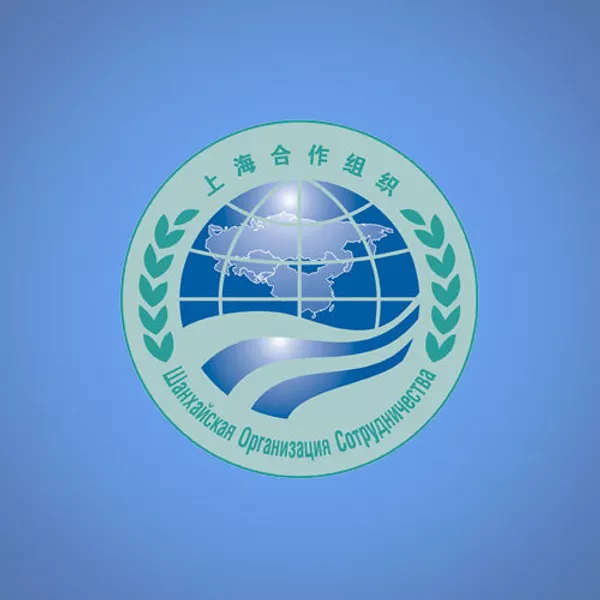MOSCOW. (RIA Novosti political commentator Dmitry Kosyrev) - The upcoming summit of the Shanghai Cooperation Organization (SCO) in Dushanbe will primarily concentrate on admission procedures for new members.
Formally, its agenda includes energy, transportation, and security issues, as well as combating terrorism and drug trafficking on SCO territory, but the organization's expansion is not at all a minor technical problem. It deals with the essence of this regional group, which unites six nations - Kazakhstan, Kyrgyzstan, China, Russia, Tajikistan, and Uzbekistan.
What other countries can join the SCO? Who are friends and who are foes? What criteria should be used - geographic, economic, or political ones?
Pakistan and India have openly expressed their desire to join the SCO. Others are less certain about it. Pakistan, India, Iran, and Mongolia have observer status. Their representatives (from presidents to ministers) regularly attend SCO summits and other events. Turkmen and Afghan leaders routinely come to SCO forums. This is why the question of who can be a fully-fledged SCO member, and who should be denied entry is of paramount importance.
Until recently, SCO officials said that the organization's charter does not provide for admission procedures, but this is a lame excuse in a complicated situation. It is true that when the SCO was established in its current form in the winter of 2001-2002, nobody could have thought that expansion would be on its agenda. But when the issue emerged, admission of every potential candidate gave rise to a lot of questions.
For instance, Pakistan or India's entry would shift the SCO's geographical focus to South Asia, which has many problems of its own, different from Central Asia. But decisions in the SCO are made by consensus, and every member has the right to veto...
All these issues mean that there is a common understanding of the SCO and its future. The organization has a strong geographical orientation to Central Asia. China and Russia take part in it because this region is very important for them, and vice versa. Admission of other countries into the SCO would erode its borders, and burden it with a host of new problems. In the meantime, it is only beginning the uphill journey of resolving Central Asian problems.
The ministerial meeting in Dushanbe a month and a half prior to the summit briefly discussed the principle of consensus, which is the SCO's backbone. If five members agree to Iran's entry and the sixth is against it, doesn't it make sense to accept it? But the principle of consensus remains immutable. It slows down decision-making but makes the organization more stable.
At best, the meeting is expected to adopt a decision to draft admission rules, and define more clearly the status of observers, and their rights and duties. It will then become clear which countries can qualify for membership. The United States, for one, wants to become an observer. Nobody in the SCO is against this, but it should be discussed. It will take at least a year to implement such a decision.
The agenda will also include economic issues that are more often discussed at annual prime minister meetings in the fall. Some members believe that it makes no sense to hold two summits, because SCO economic issues are inseparable from political ones. It is no secret that the Central Asian members argue over water, hydropower resources, and customs problems, but the SCO exists to make these disputes constructive, and promote their cooperation.
The SCO is not a "second pole" in the world. It is not an alternative to NATO or the West. It is a regional organization designed to develop Central Asia. The SCO is not going to change the world. It would be happy to cope with Central Asian problems.
Therefore, there are no grounds to expect the SCO to concentrate on the adoption of loud anti-Western or anti-Eastern declarations. Maybe a statement on Georgia, or to be more precise on South Ossetia and Abkhazia, will be made separately, or as a paragraph in the final document. However, it will include the positions which the six countries have already expressed before. When it made the decision to recognize these breakaway republics, Moscow knew that its SCO partners would not be too happy about it. Their attitude to the West's decision on Kosovo was equally negative.
However, as unlike in Comrade Leonid Brezhnev's time, Moscow is not trying to press any countries into supporting it on this issue. If it did, it could find quite a few sympathizers, but who cares? For some countries, such "support" becomes a commodity which they sell routinely to different customers. This was a classic game in the Cold War. If there is a statement on the Georgian subject, it will not come as a surprise. This is not what the SCO is after, and the leaders of its members attend summits to discuss other things.
The opinions expressed in this article are the author's and do not necessarily represent those of RIA Novosti.



